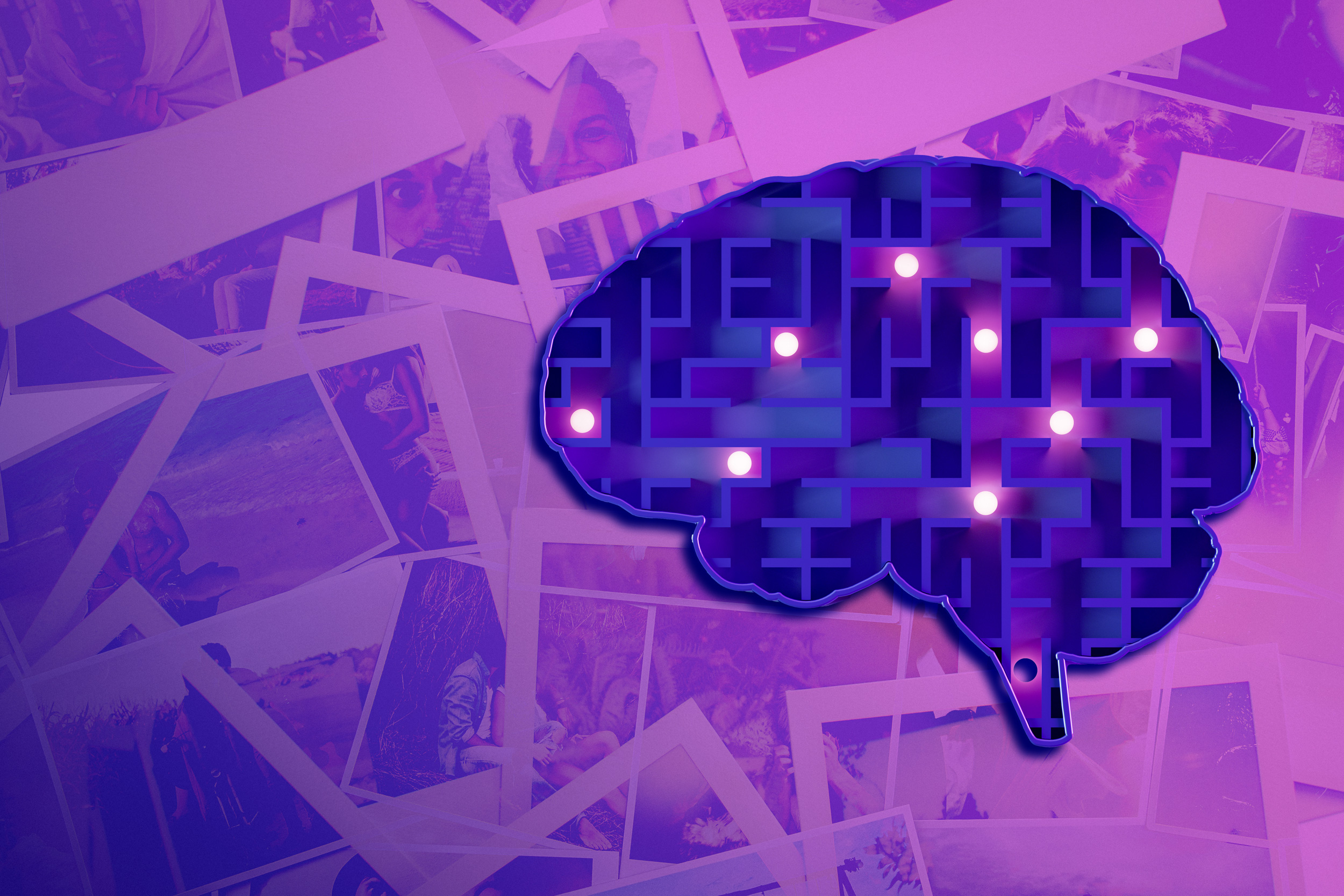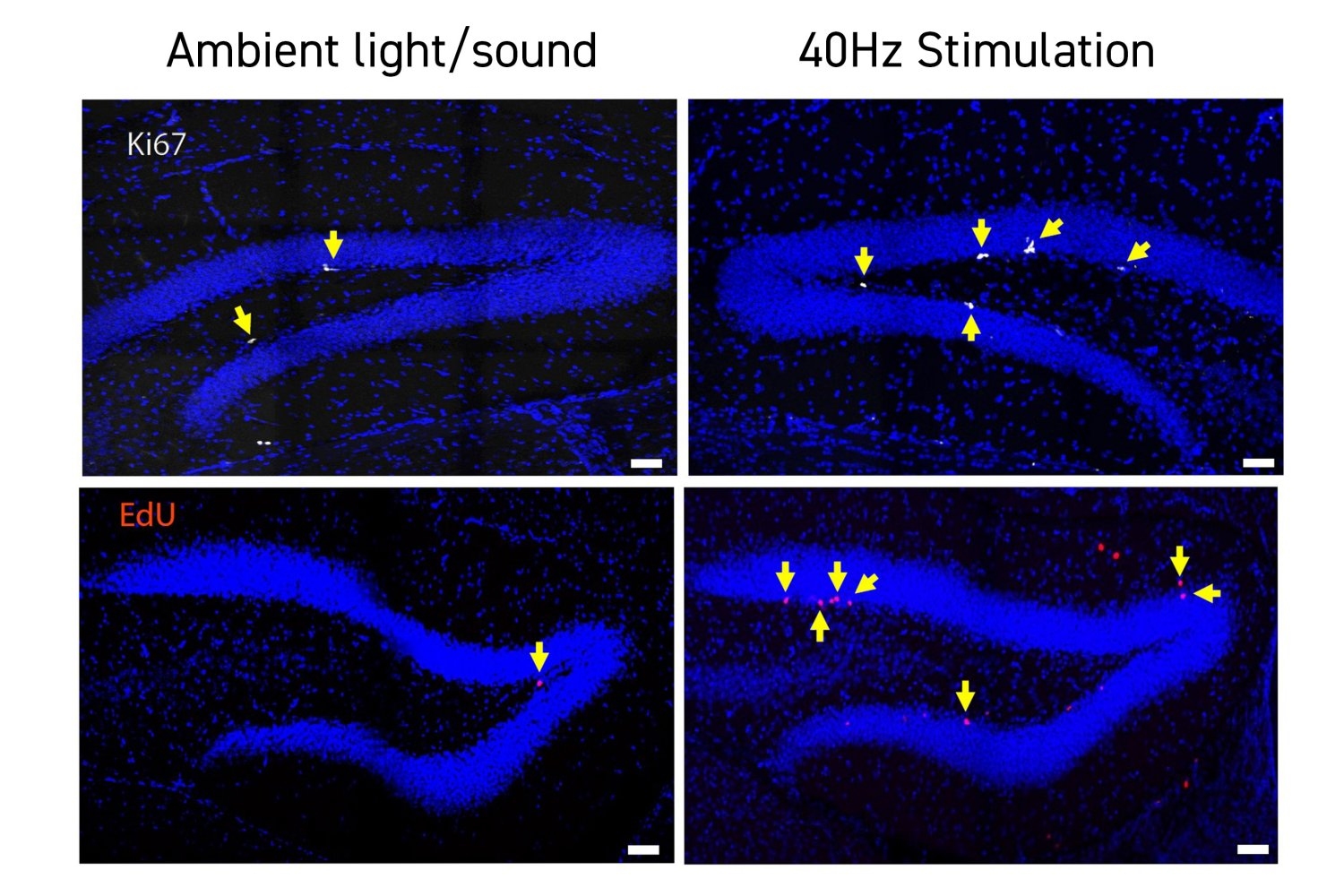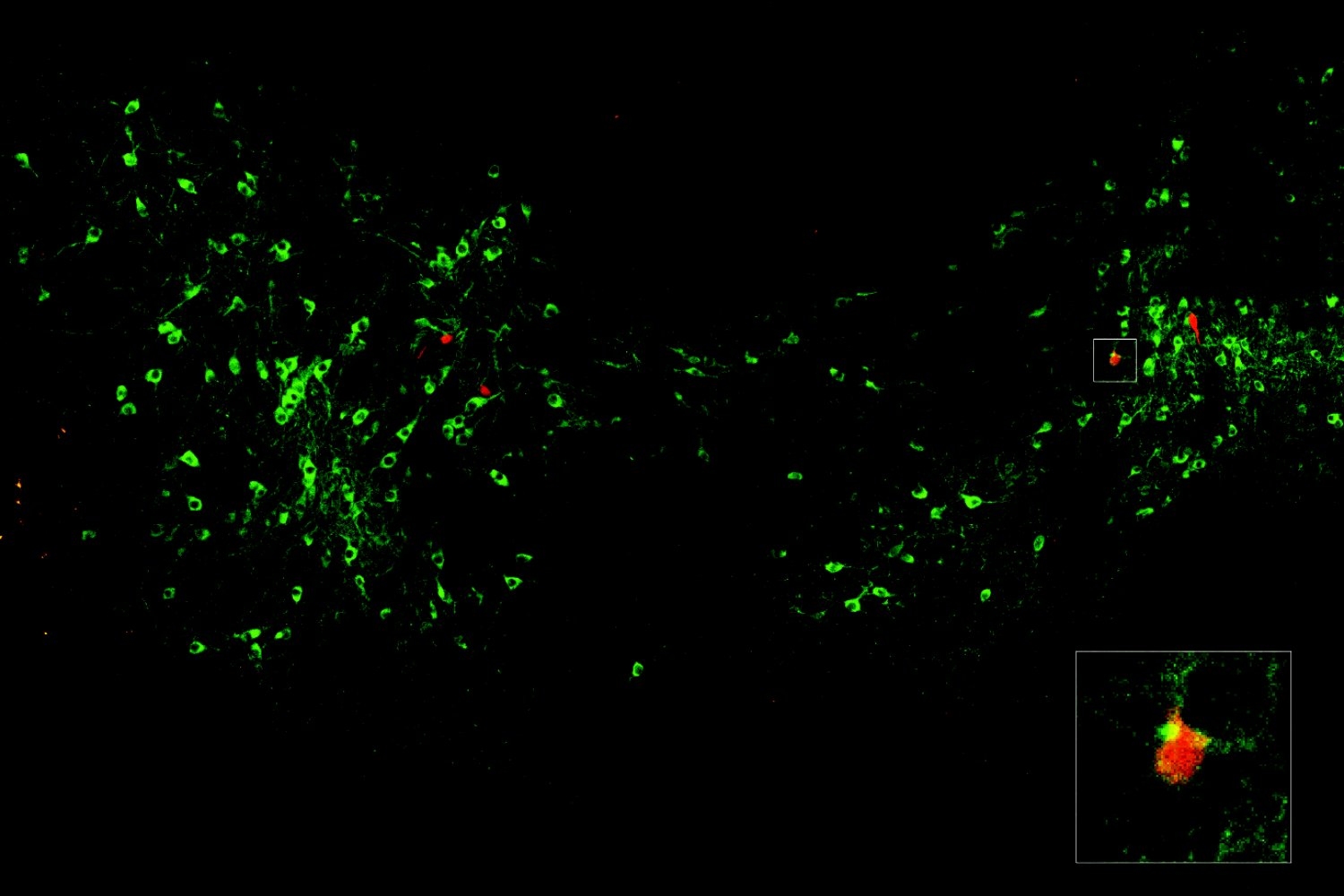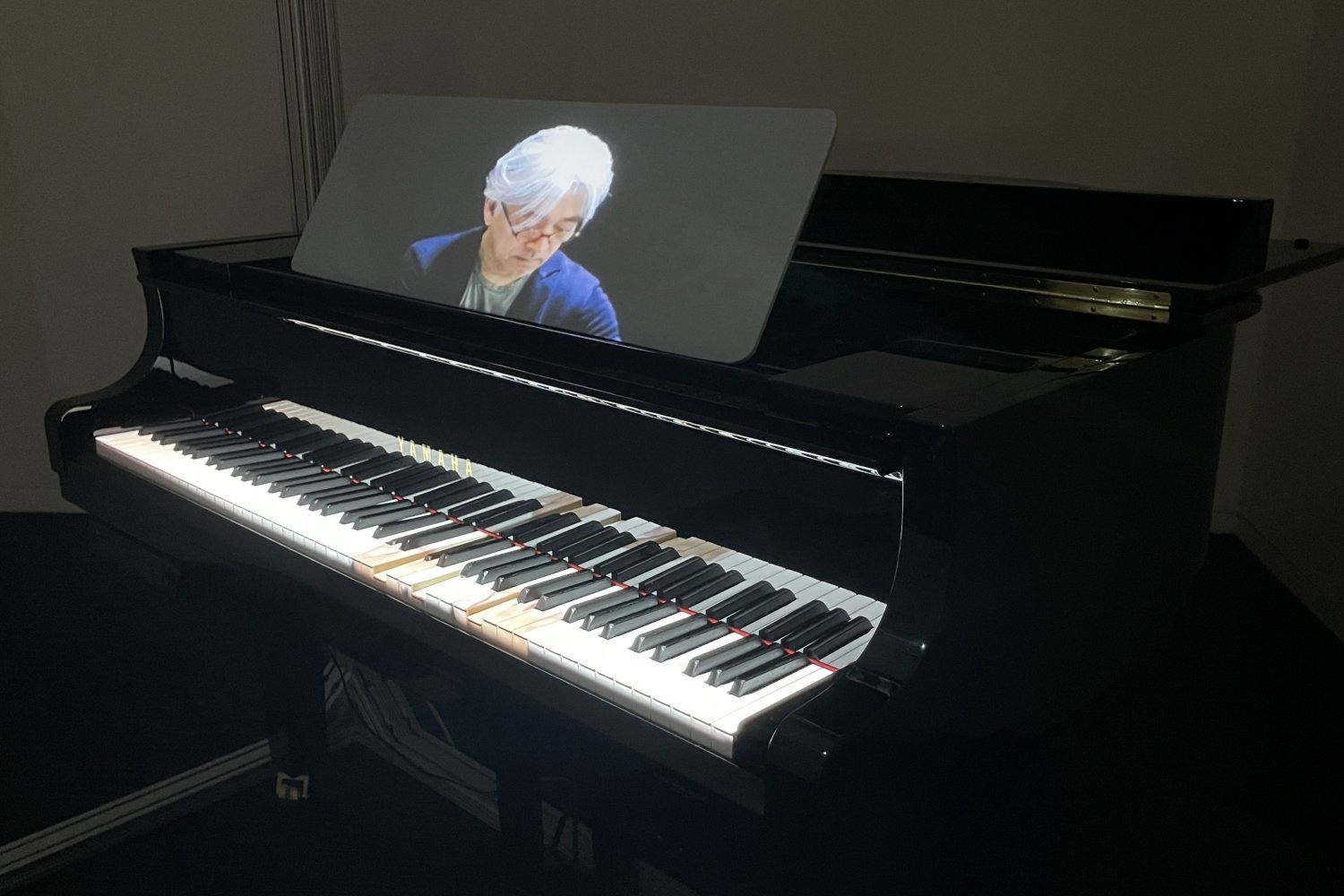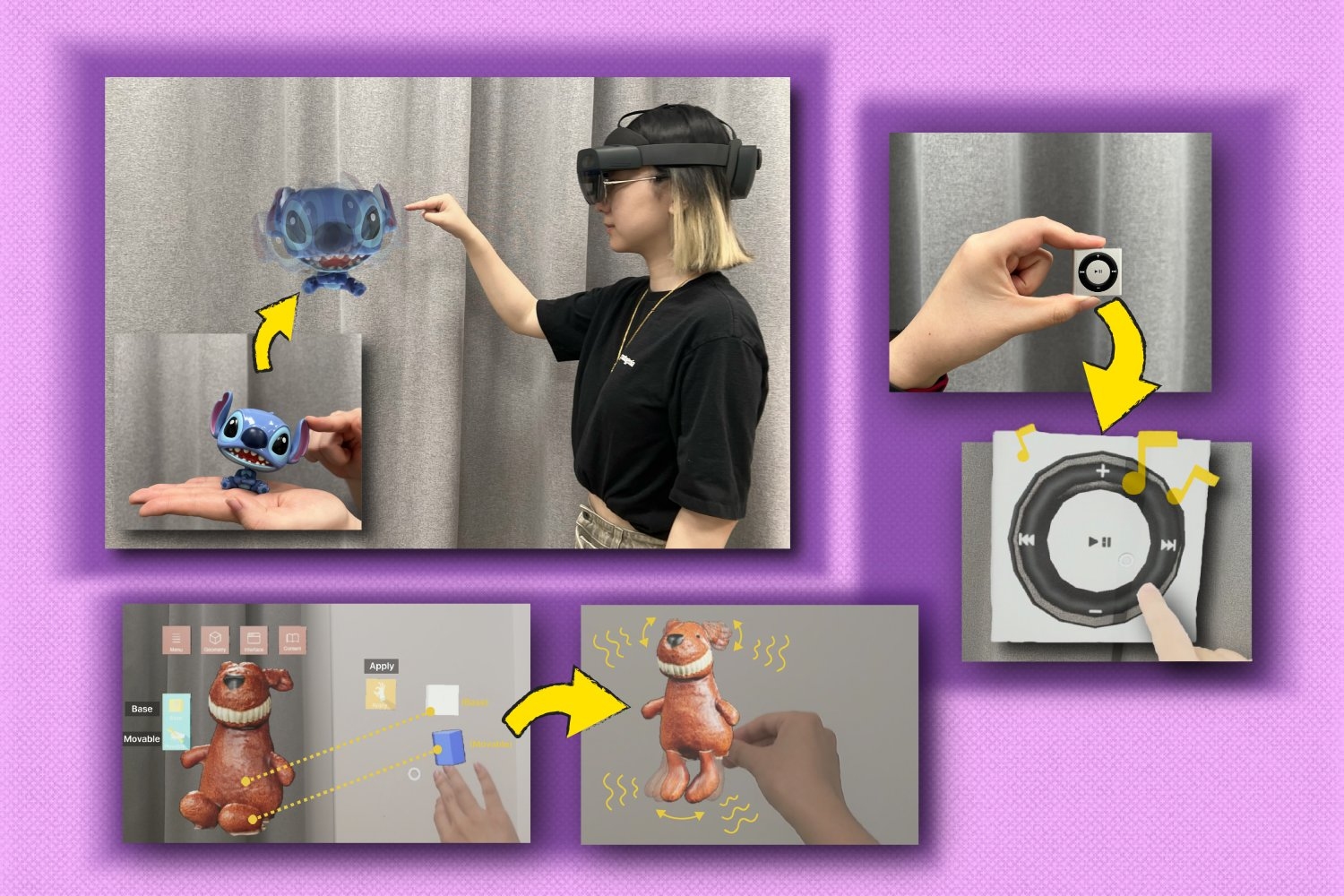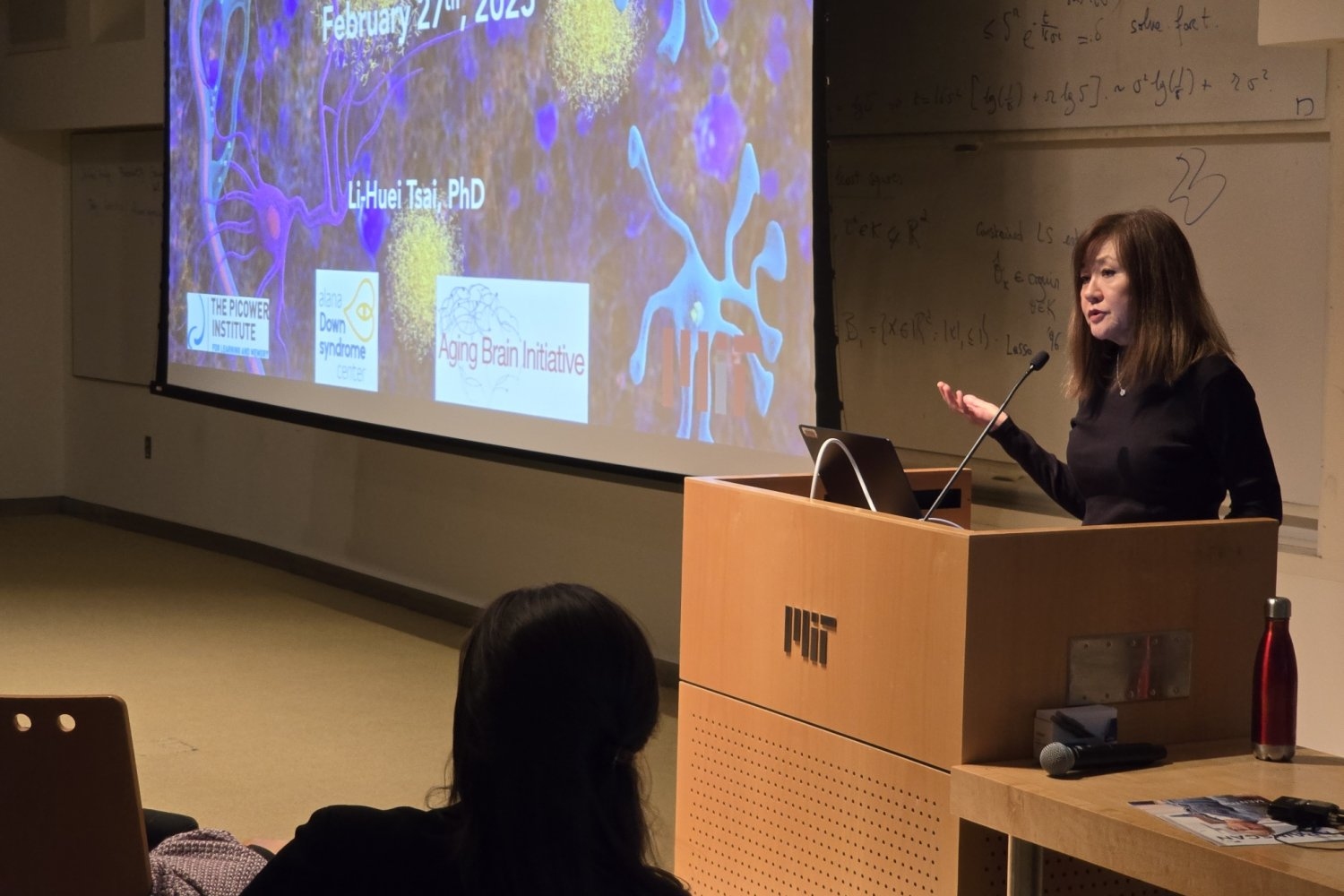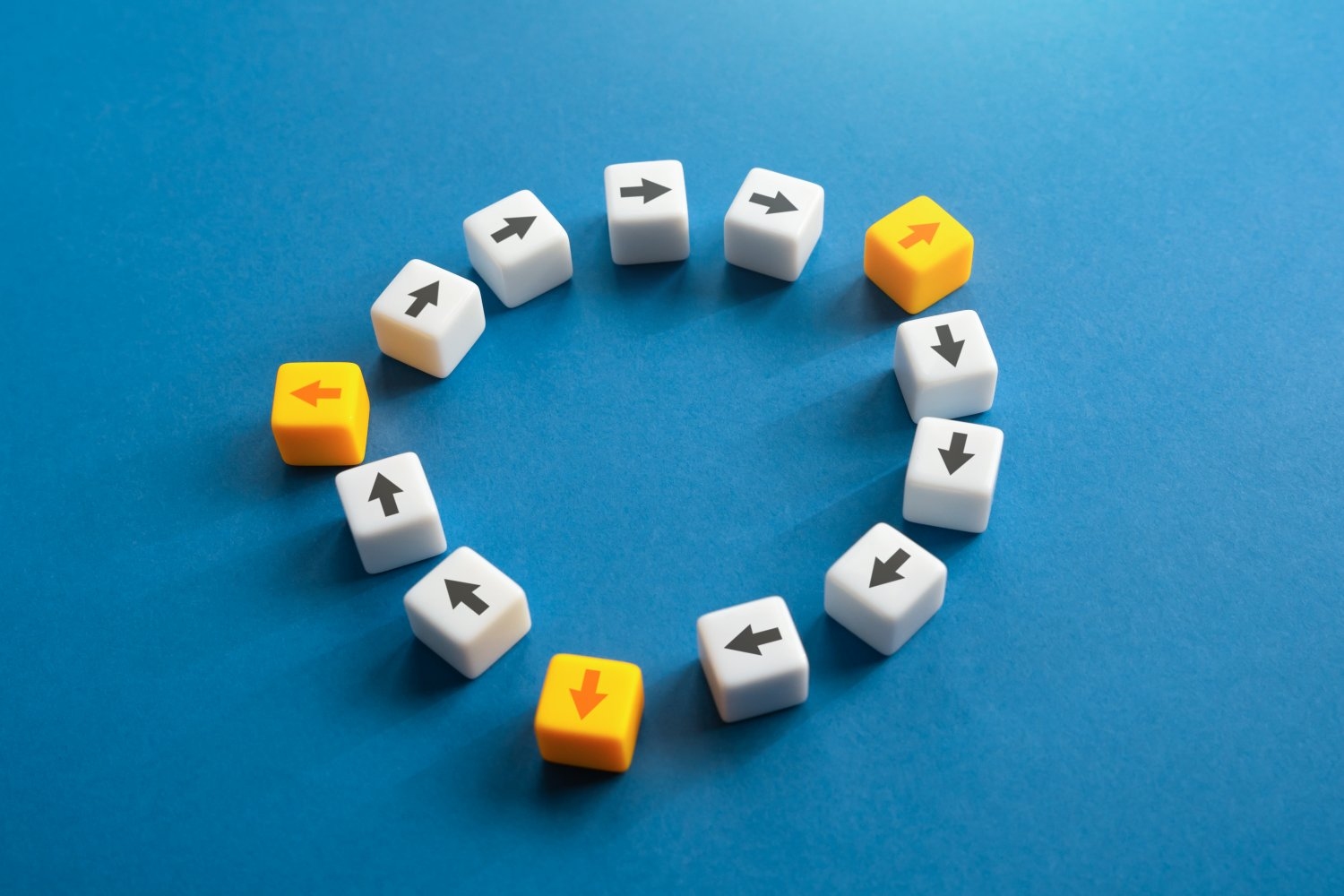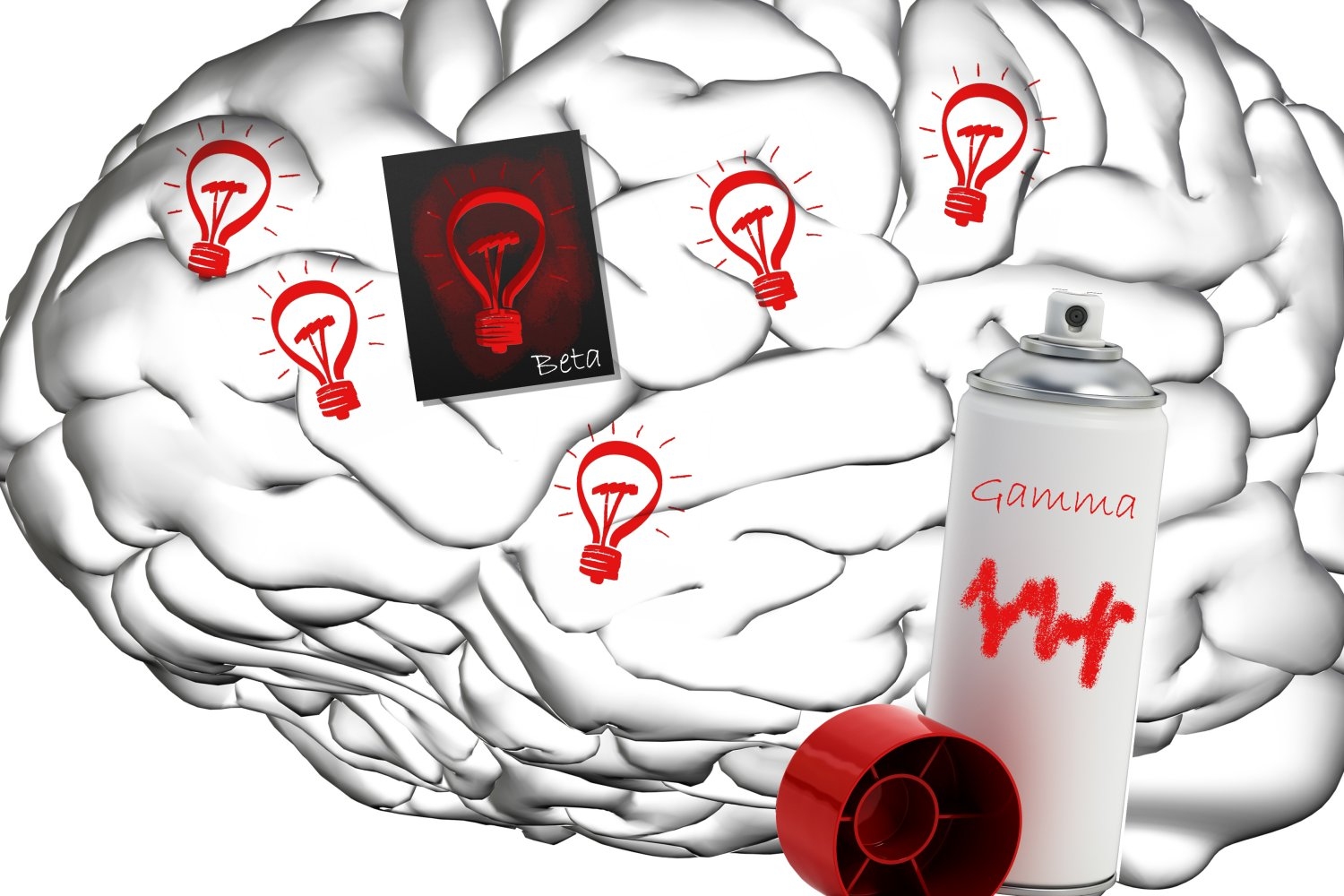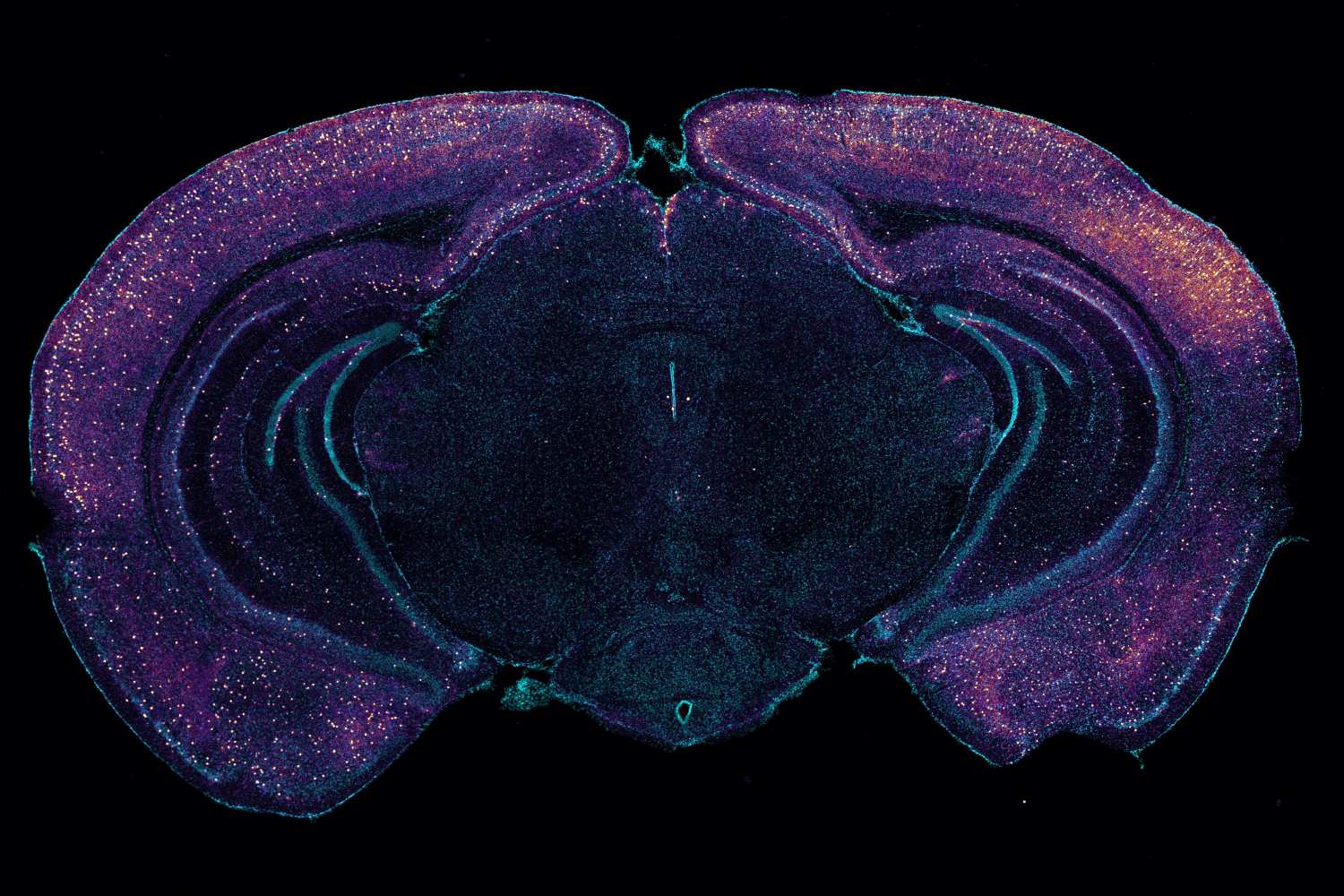In Down syndrome mice, 40Hz light and sound improve cognition, neurogenesis, connectivity
New evidence suggests sensory stimulation of gamma-frequency brain rhythm may promote broad-based restorative neurological health response.
May 12, 2025 • ~8 min
A new way to bring personal items to mixed reality
“InteRecon” enables users to capture items in a mobile app and reconstruct their interactive features in mixed reality. The tool could assist in education, medical environments, museums, and more.
April 7, 2025 • ~8 min
Evidence that 40Hz gamma stimulation promotes brain health is expanding
A decade of studies provide a growing evidence base that increasing the power of the brain’s gamma rhythms could help fight Alzheimer’s, and perhaps other neurological diseases.
March 14, 2025 • ~6 min
Study: Even after learning the right idea, humans and animals still seem to test other approaches
New research adds evidence that learning a successful strategy for approaching a task doesn’t prevent further exploration, even if doing so reduces performance.
Feb. 21, 2025 • ~6 min
Study suggests how the brain, with sleep, learns meaningful maps of spaces
Place cells are known to encode individual locations, but research finds stitching together a “cognitive map” of a whole environment requires a broader ensemble of cells, aided by sleep, over several days.
Jan. 10, 2025 • ~8 min
To understand cognition — and its dysfunction — neuroscientists must learn its rhythms
A new framework describes how thought arises from the coordination of neural activity driven by oscillating electric fields — a.k.a. brain “waves” or “rhythms.”
April 30, 2024 • ~7 min
How sensory gamma rhythm stimulation clears amyloid in Alzheimer’s mice
Study finds stimulating a key brain rhythm with light and sound increases peptide release from interneurons, driving clearance of an Alzheimer’s protein.
March 7, 2024 • ~8 min
/
10

